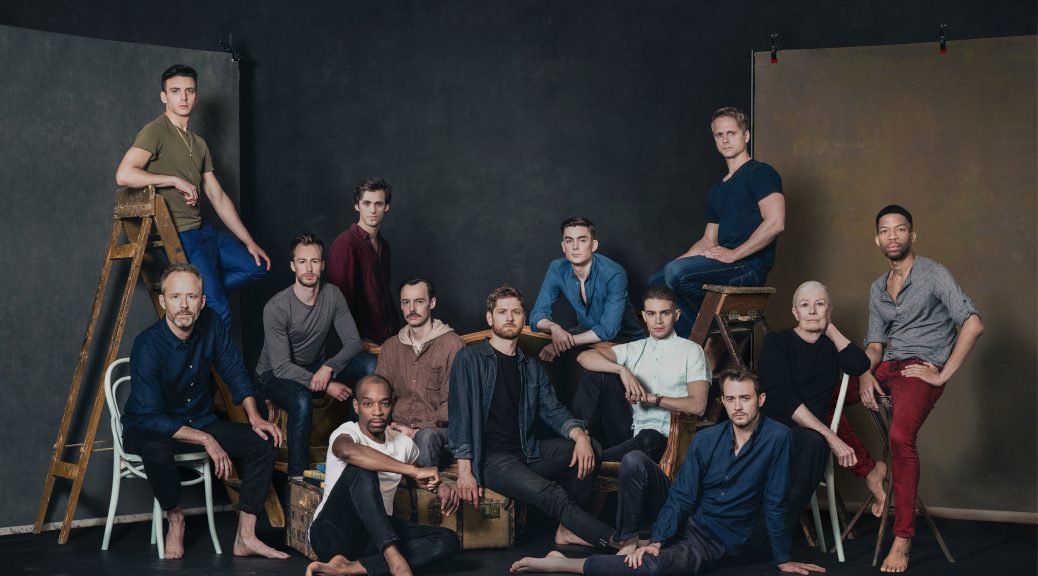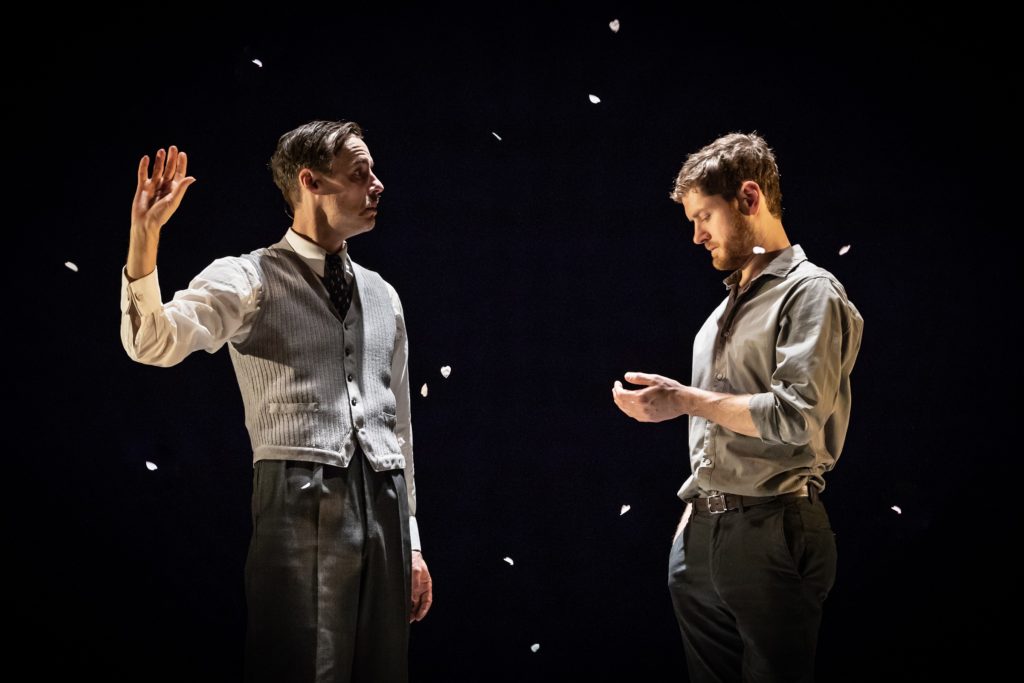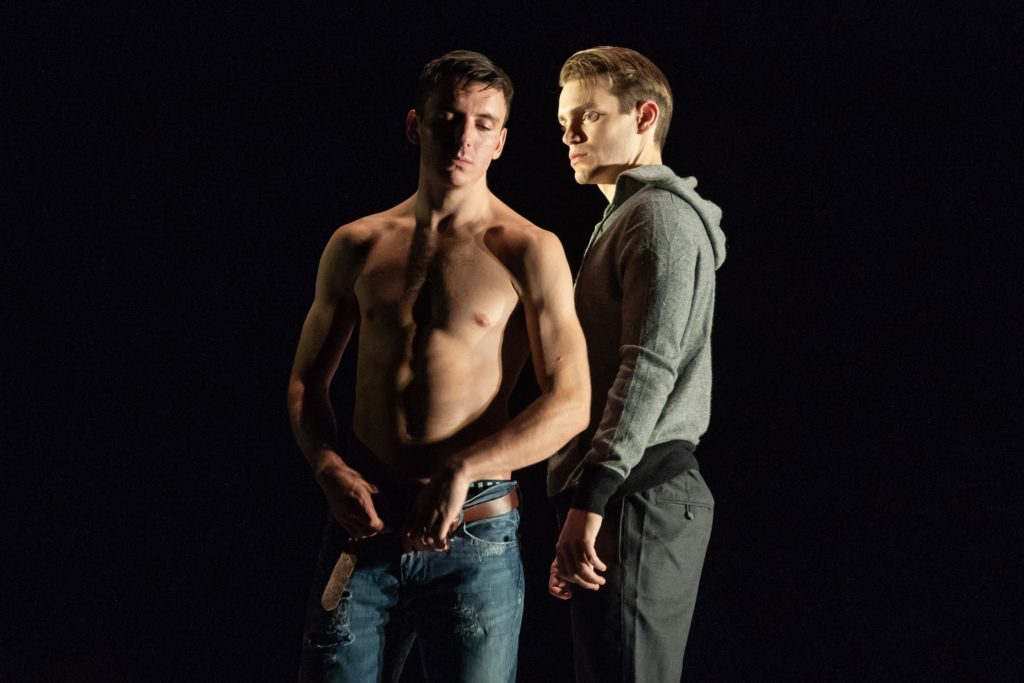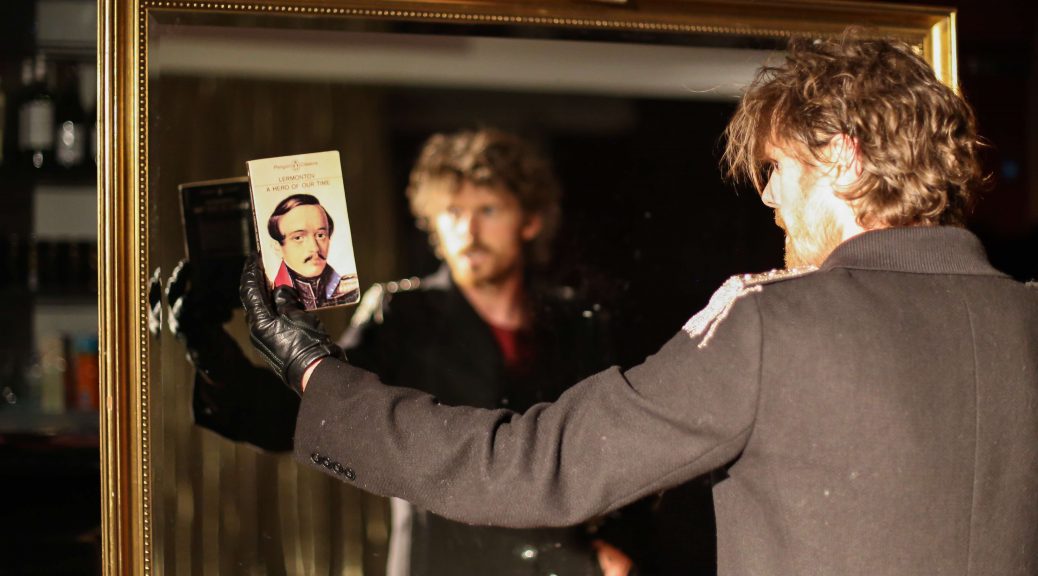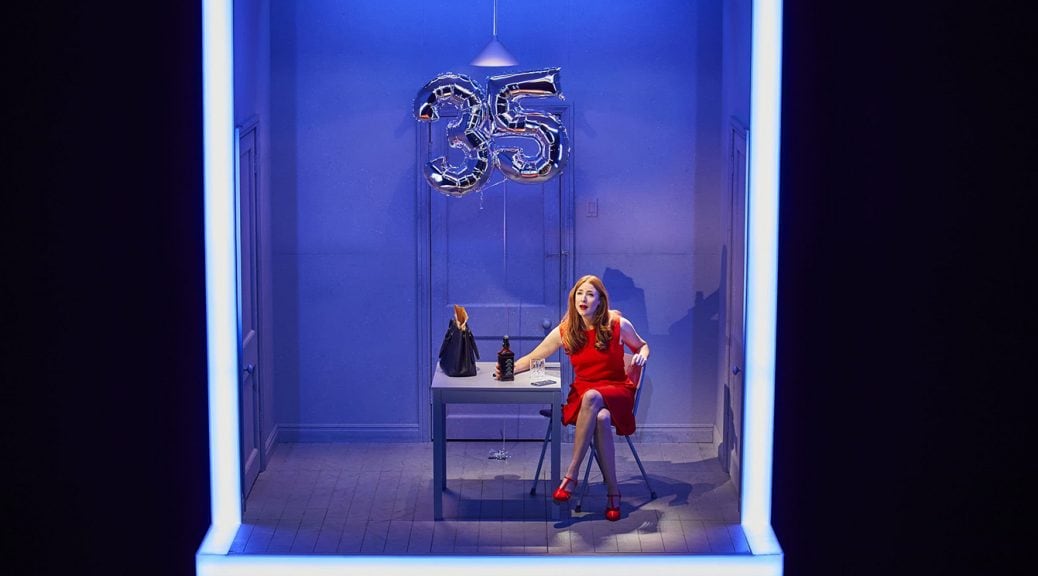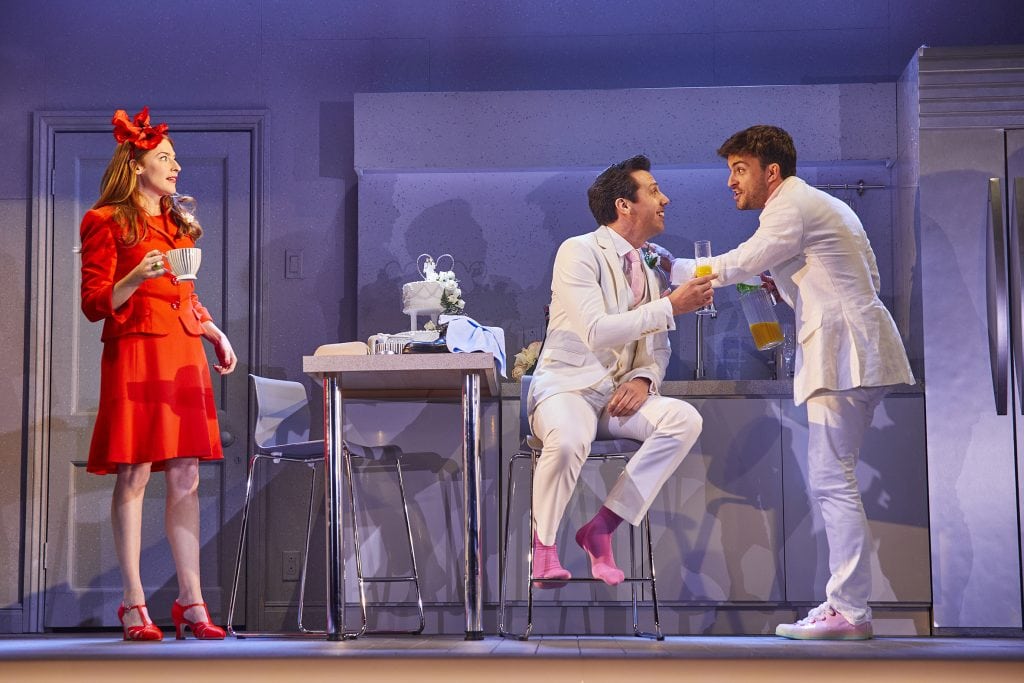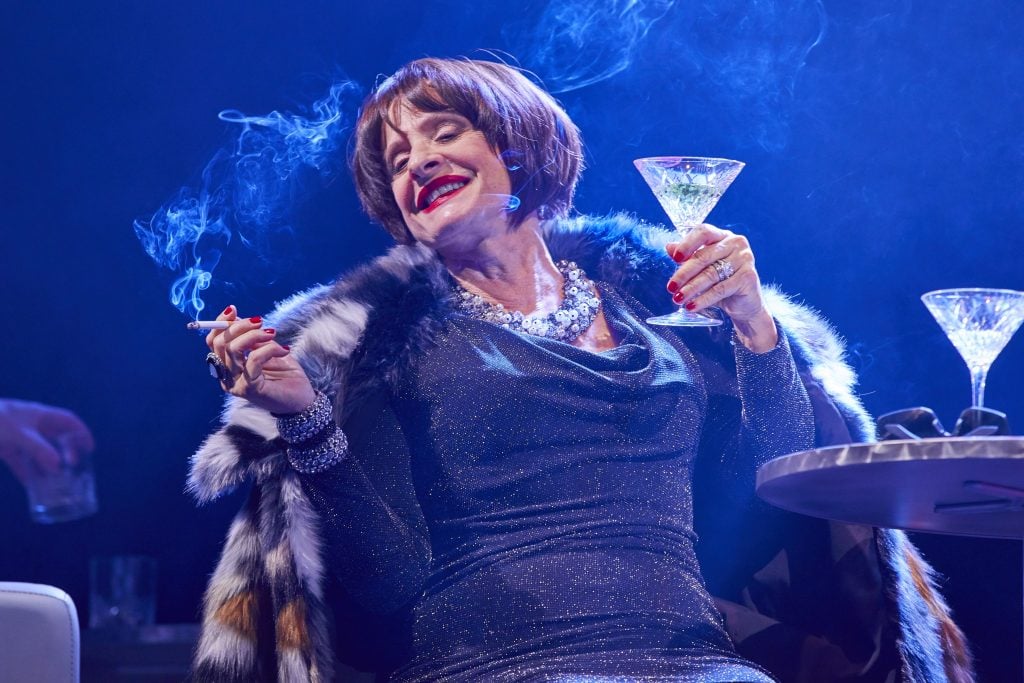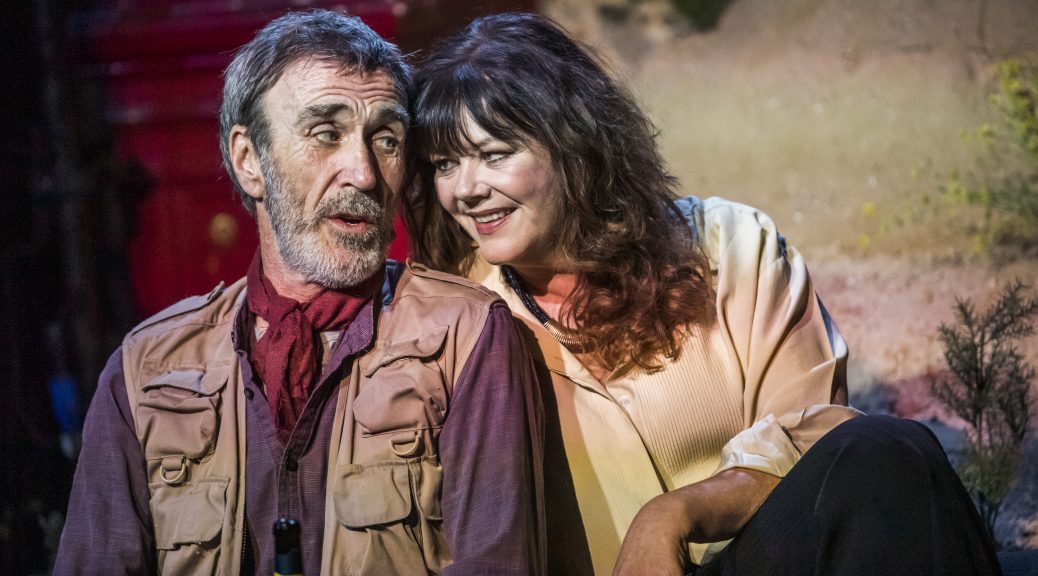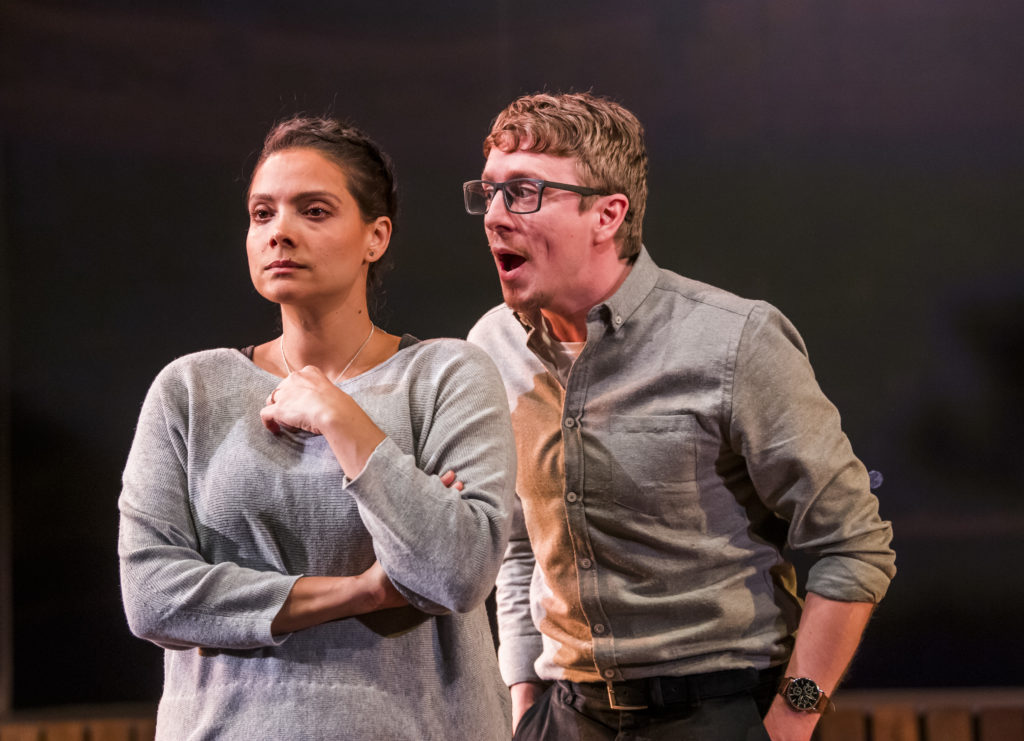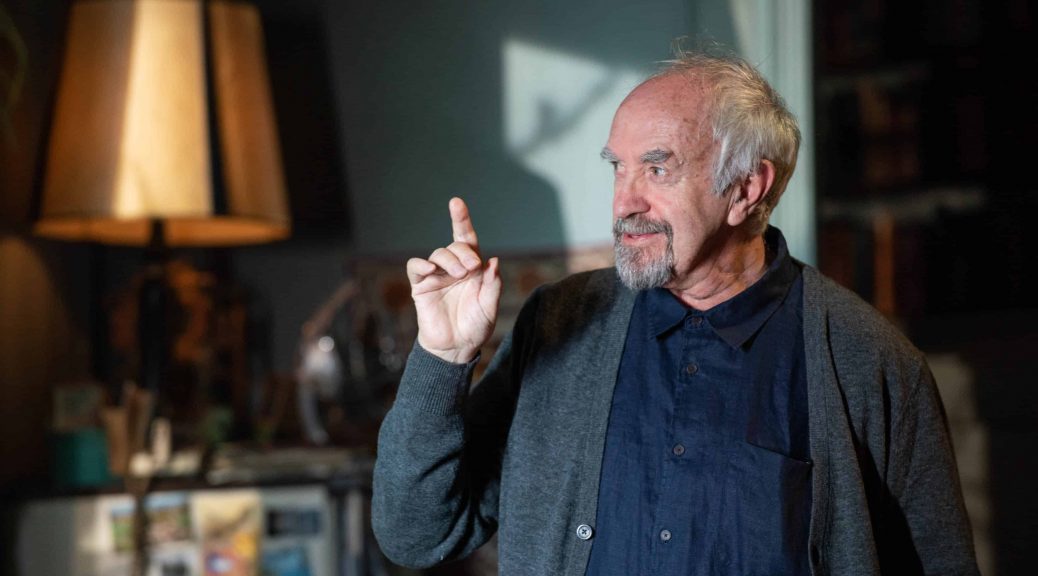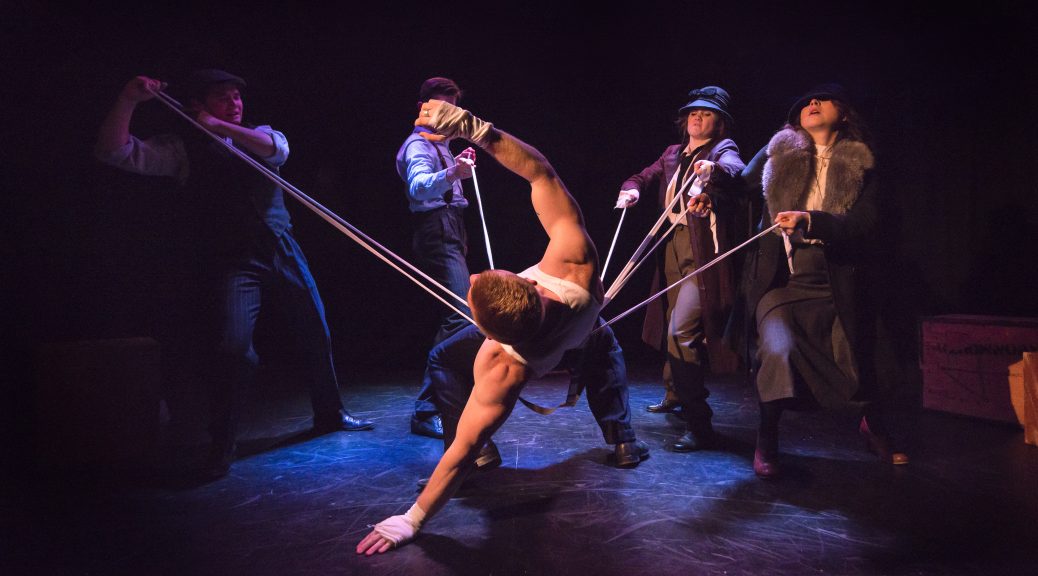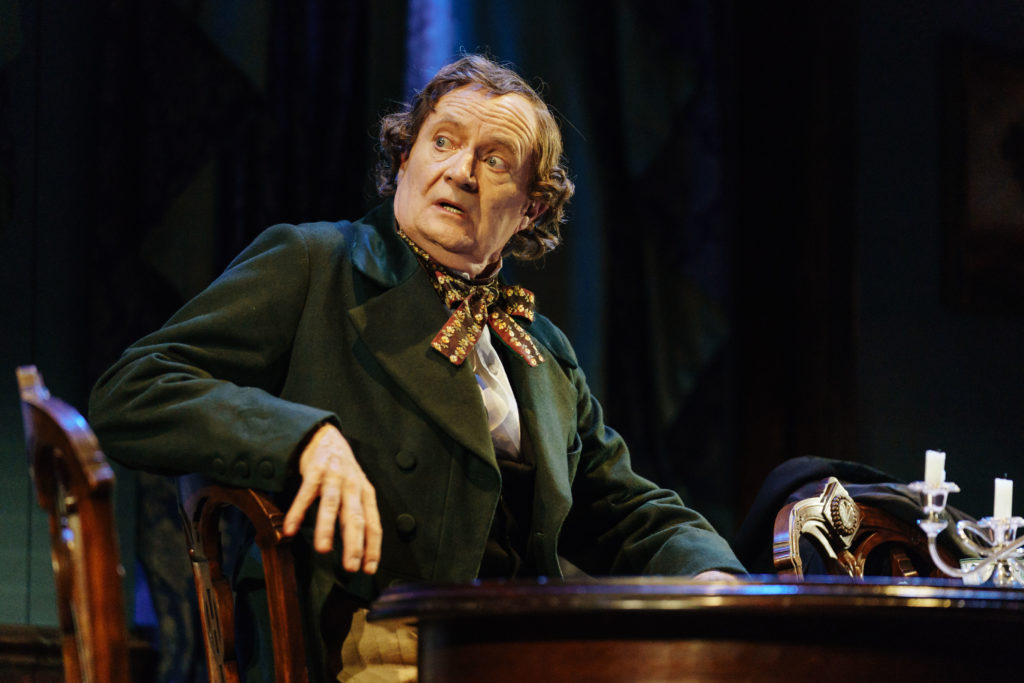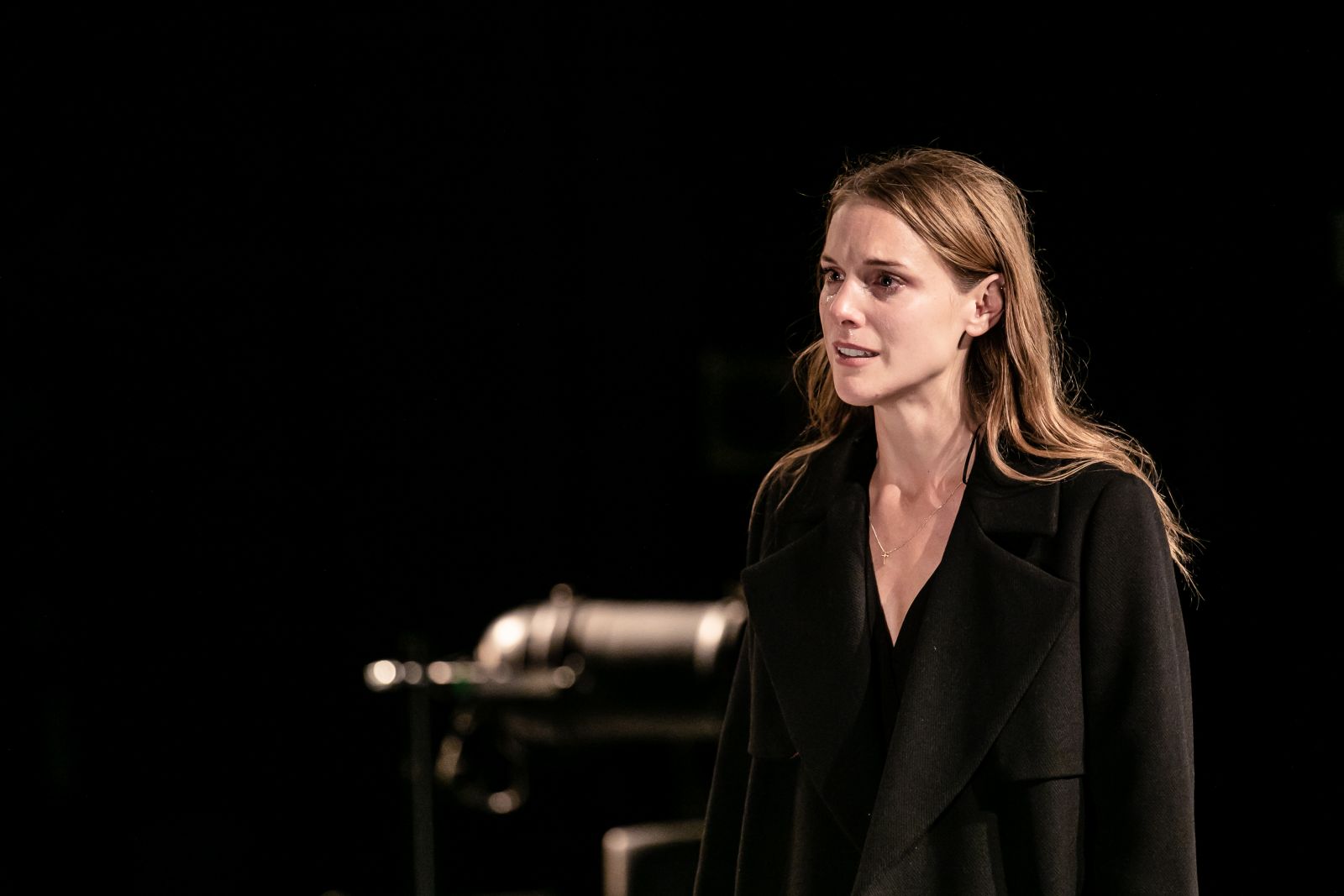It’s all out for entertainment with Tom Wentworth’s take on the historic villains, Williams Burke and Hare. While facts from their 1828 trial provide some chills, the overall aim is comedy. A mix of shameless bad jokes and great theatricality, with a few songs thrown in, means the show has something for everyone.
The ‘true’ story of murderers (rather than grave robbers, as is popularly assumed) who provided corpses for the medical profession in Edinburgh piques interest, and a period feel is well conveyed. Events are presented by Dr Alexander Monro, whose rivalry to the anatomist Dr Robert Knox – Burke and Hare’s main customer – is a great source of fun. Monro has hired a couple of actors to help him tell the story and much is made of their limited numbers. In the style of The 39 Steps, they take on all the roles: the murderers, their associates and their victims. The joke is overplayed, contrived, of course… but it works. The show is funny, with some good tasteless touches, while carefully suitable for the whole family.
Wentworth has done his homework, but dissecting what makes an entertaining show with such deliberation makes this one a little cold at times. It’s the production, from director Abigail Pickard Price, that injects life: balancing a sense of improvised chaos with a script that requires great timing in a very small space, and creating a camaraderie amongst the cast that is contagious.
Personalities behind the roles are quickly established, adding real warmth, and the cast look as if they’re enjoying themselves. Alex Parry gets a special round of applause for all his swapping of roles. Hayden Wood has an amiable stage presence that’s a real asset and deals with an episode of audience participation superbly – even if you hate it when people are called on to the stage (and I do), you can’t be annoyed with him. Finally, Katy Daghorn shines playing not only Monro but the love interests for both murderers. Her accents are a hoot, while differentiating the roles shows fantastic skill. This talented trio creates the atmosphere and energises the show, making it a lively treat.
Until 21 December 2018
Photo by Philip Tull



